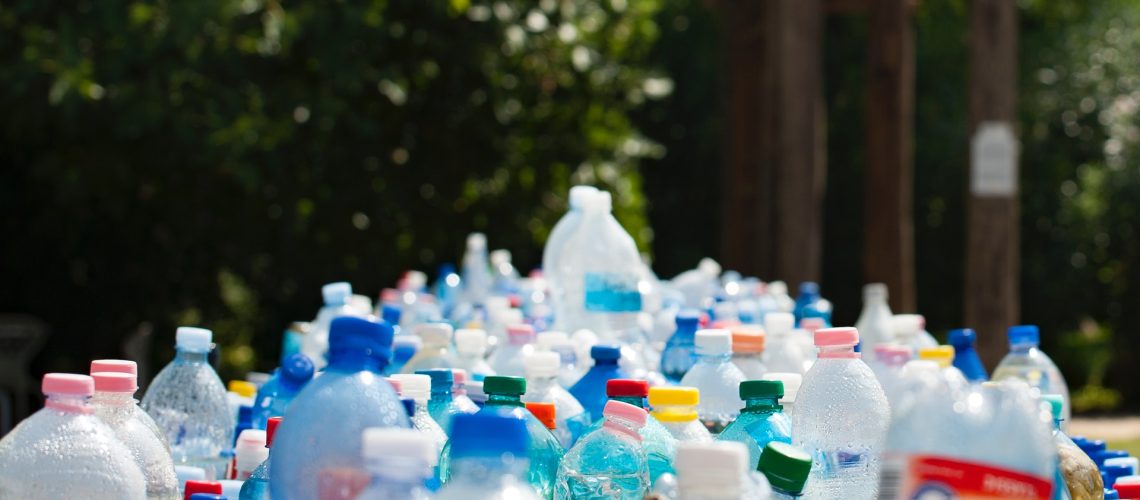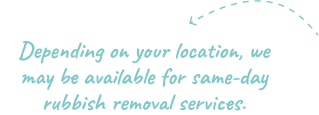Sydney’s zero waste campaign to “reduce waste sent to landfill and keep streets clean” means that everyone should try to sort out waste that can be reused and recycled or made into new items.
It’s difficult to control waste segregation in public places but possible in households and workplaces. To make recycling easy, it is important to know what items you don’t need can still be recycled and what should be sent to the rubbish removal tips in Sydney and put them into different bins for each waste group or classification.
-
Biodegradable waste
Biodegradable waste refers to rubbish that living organisms like bacteria can completely break down and decompose within a short time or less than a year after disposal.
Leftover fruits, vegetables, biopolymers and wet paper waste are examples of biodegradable waste. If you have a backyard, you can dig a compost hole for biodegradable waste.
However, dairy products and meat should be buried or sent to the rubbish tips to avoid bad odor during decomposition.
-
Glass waste
Glass bottles, jars and containers can be reused or recycled. Remove their metal or plastic caps or lids if they are for recycling. There’s no need to remove the labels. So, wine, beer and soft drink bottles are for recycling. Even broken bottles can be recycled but they are hazards to the workers. Wrap broken bottles and send to rubbish removal tips in Sydney.
Glass containers for recycling should be empty and dry. Although washing them is not required, it’s better to do so to prevent any bad odor in the recycling bin.
Glass waste that is not for recycling includes oil bottles, mirror glass, light globes, laboratory glass containers, drinking glass, window glass, auto glass and other glass items are not for recycling. They are made from tough glass types that are not easy to melt and recycle.
Make sure to sort properly because even a few grams of drinking glassware can make a ton of recyclable glass classified as contaminated.
-
Plastic waste
Plastic waste includes water and soft drink bottles, food containers, trays and tubs, empty bag, other containers, boxes and PET bottles; as long as they are made of plastic. To prepare plastic waste for recycling, you can wash it to remove content food residues. Remove also the caps or covers of plastic bottles for recycling.
Plastic bottle containers of shampoo, soap and cleaning products are recyclable.
However, thin plastic bags, plastic toys, household items, bubble wraps, margarine containers, oil bottles, polystyrene meat trays, and dirty plastic products are not ideal for recycling.
-
Paper and cardboard waste
This type of waste includes many paper and cardboard items such as magazines, egg boxes, cardboard, writing paper, newspaper, phone book and other cardboard/paper products. You have to remove plastic wrapping and dirt from paper products.
Cardboard and paper wastes are not for recycling if they are dirty or laminated/waxed. Pizza boxes can’t be recycled if they are contaminated with food residues.
Paper towels and tissues are not ideal for recycling because they were treated to be tough which make them more difficult to recycle.
-
Metal waste
Metal waste includes every metal packaging product such as aluminum, steel and tin cans. Prepare them for recycling by making them free of food residues, grease and other contaminants. Then, flatten the items as much as you can. Any type of metal products that do not have contaminants is ideal for recycling.
There are other recyclable groups that are not listed. To be updated, contact your local waste and recycling authority for guidelines.
If you have no time to sort waste for recycling, Aus Rubbish Removals provides efficient and affordable rubbish removal in Sydney that includes waste sorting. Contact us today.



